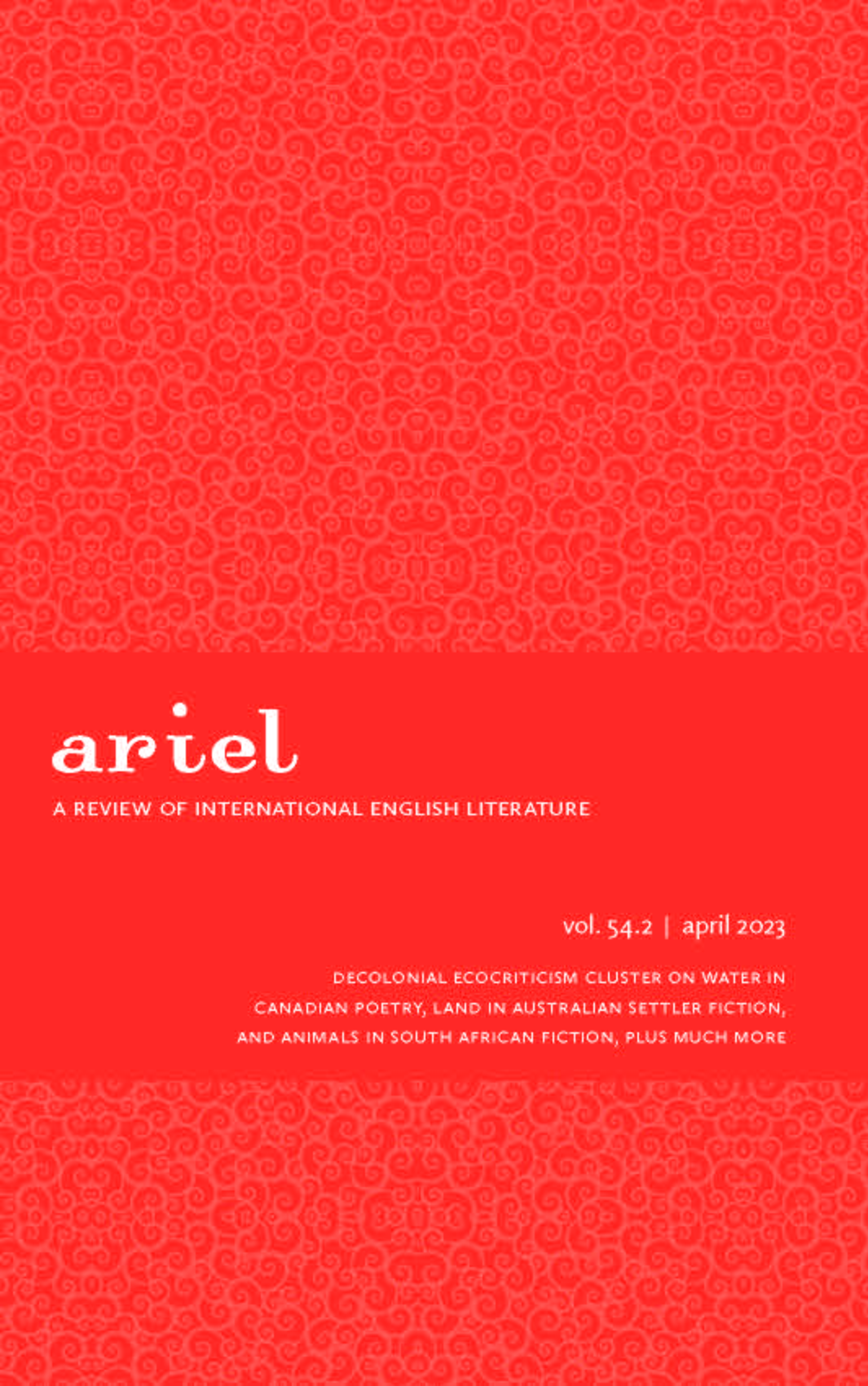Justice, Healing, Resurgence: Spiritual Decolonization in Lee Maracle’s Celia’s Song
Keywords:
decolonial spirituality, Indigenous resurgence, justice in literature, gendered violenceAbstract
This article examines the role of spirituality in Lee Maracle’s Celia’s Song (2014). After considering the usefulness of magic realism as an analytical tool for the novel’s spiritual depictions, I argue that Maracle goes far beyond the use of marvellous literary devices. Her novel insists that community healing and judicial sovereignty are inextricable from spiritual resurgence. The eponymous protagonist’s growing power as a seer, her family’s reconnection to ancestors and spirits, and a plot resolution that bridges the boundaries of life and death offer a literary vision of decolonization to which spirituality is crucial. These elements contribute to a concept of decolonial spirituality that posits a more holistic approach to representations of Indigenous responses to colonial and patriarchal violence. Reading Celia’s Song as a decolonial expression of spiritual practice situates the novel in a broader theory of Indigenous knowledge that encompasses spirituality, justice, and cultural restoration as it appears in fiction.


